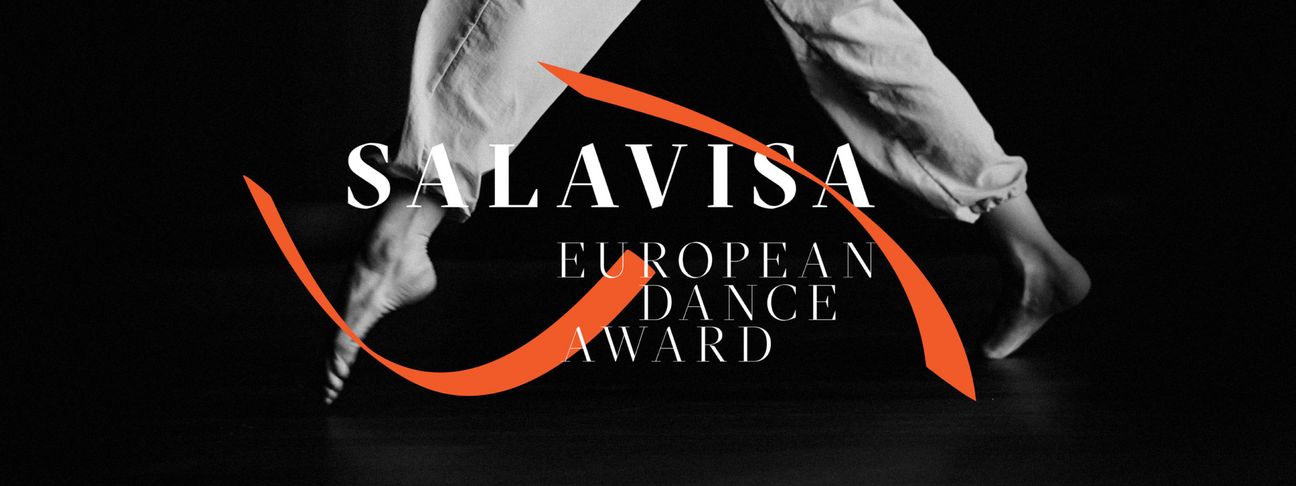
SEDA - Salavisa European Dance Award
The five finalists for the SEDA – Salavisa European Dance Award, worth €150,000, have been announced: Lukas Avendaño from Mexico, Chiara Bersani from Italy, Dan Daw from Australia, Mamela Nyamza from South Africa, and Jefta van Dinther from the Netherlands and Sweden, are now competing for the prize, which is being awarded for the second time this year on the initiative of the Calouste Gulbenkian Foundation and eight European dance festivals and venues. It is aimed at promising artists from around the world who stand out for their unique qualities in dance and who are to be supported in building their international reputation.
The finalists were selected by a committee comprising one representative from each of the partner institutions. In addition to JOINT ADVENTURES – Walter Heun, these include Dansehallerne (Denmark), Fondazione Fabbrica Europa per le arti contemporanee ETS (Italy), KVS (Belgium), Maison de la Danse/ Biennale de la Danse (France), Mercat de les Flors (Spain), Sadler’s Wells (United Kingdom), and Tanzquartier Wien (Austria). The work of the nominated artists will now be evaluated by an independent jury of renowned dance experts consisting of Ilgaz Gurur Ertem, La Ribot, and River Lin. The winner will be announced in November 2026 during a ceremony at the Calouste Gulbenkian Foundation in Lisbon.
About the jury
Ilgaz Gurur Ertem
As an interdisciplinary scholar, sociologist, curator, and educator in the field of somatic movement and dance, Ilgaz Gurur Ertem explores the intersections between the arts, social theory, and political thought. Her writings address contemporary dance and performance, cultural and curatorial politics, European artistic networks, and the intersections between social theory and bodily and embodied practices.
La Ribot
With her work, which emerged in the late 1980s at the end of Spain’s democratic transition, La Ribot has had a decisive influence on contemporary dance. She challenges the frameworks and formats of spaces, freely drawing on the expressive means of theatre, visual art, performance, cinema, and video in order to shift the conceptual landscape of choreography.
River Lin
The Paris-based Taiwanese artist and curator River Lin conducts research at the intersection of live art, dance, and queer culture. His curatorial practice focuses on social engagement, the production of intra-Asian knowledge, the creation of cultural infrastructures, and the queerisation of institutional agendas.
About the award
The SEDA – Salavisa European Dance Award is dedicated to the Portuguese dancer, teacher, and artistic director Jorge Salavisa (1939-2020). It is awarded every two years to artists from around the world who, due to their artistic discourse or social and cultural background, are still relatively unknown in Europe. In addition to prize money of €150,000, the Salavisa European Dance Award includes guest performance invitations from its European partner institutions. The prize was awarded for the first time in 2024 to Dorothée Munyaneza and Idio Chichava.
More information: https://gulbenkian.pt/en/salavisa-european-dance-award/

